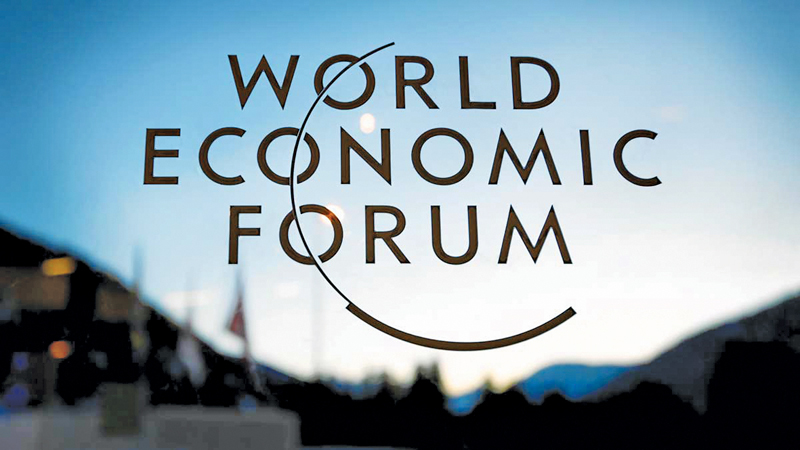The 2024 World Economic Forum (WEF) in Davos, Switzerland ended Friday. Billionaires and world leaders are flying home from Zurich or taking long weekends to ski in the Swiss Alps.
Conversations at the annual gathering echoed the topics buzzing in the corporate world, from the promise or drawbacks of ArtificiaI Intelligence (AI) to political risks clouding the global economy.
Overwhelmingly, economic experts and executives privately said they don’t expect a U.S. recession in 2024. The Fed’s potential interest rate cuts in the coming months, combined with rising consumer confidence, have led to optimism about the health of the economy – barring another major geopolitical crisis.
Given its global importance, the Middle East crisis came up surprisingly little in breakout panels or at planned corporate events at Davos. So few US executives – even privately — spoke up on the potential dangers of another Donald Trump presidency. Staying cautious may not be courageous, but it’s just better for business.
Several people pointed out the notable absence of conversations about the rise of global antisemitism at the conference. Last year at Davos, crypto discussion dominated panels. This year, AI took over as the cool kid on the block.
Up and down the Promenade, the main street in Davos, a swathe of companies were advertising their AI wares. Technology leaders, banking executives and even musicians including Wyclef Jean and Will.i.am waxed poetic on the promise of AI. Willi.i.am even pitched his coming SiriusXM radio show featuring an AI co-host.
Speaking of AI, the tone of panel discussions and cocktail conversations about the technology was decidedly optimistic rather than dystopian. Even OpenAI CEO Sam Altman, who had previously joined a chorus of voices warning AI could lead to human extinction, said during the week that AI will “change the world much less than we all think.” (CNBC)









